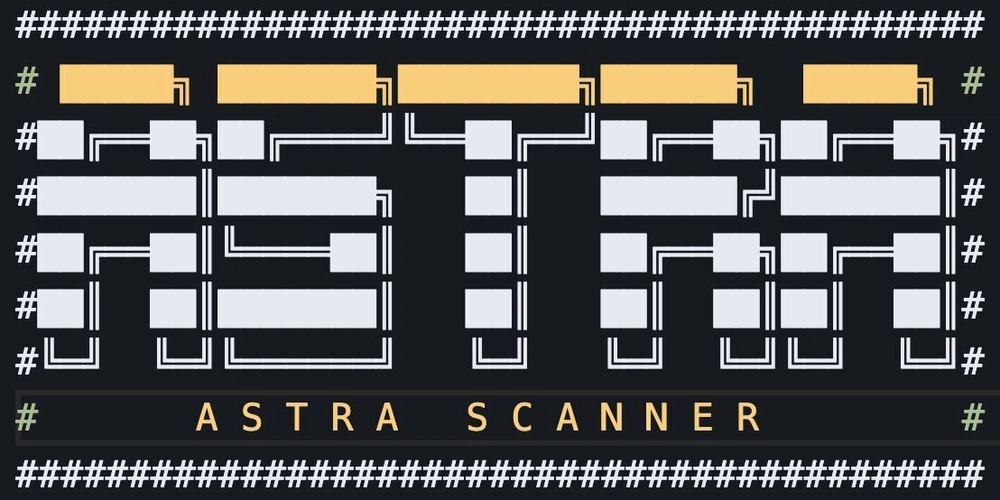Why Literary Fiction Still Matters in a Fast-Paced World
Discover why the literary definition of fiction remains relevant in today's fast-paced world and how it shapes our understanding of life.

Introduction
Have you ever felt overwhelmed by how fast everything moves these days? With social media, streaming, and endless news updates, it's easy to forget to slow down and just think. That's where literary fiction quietly steps in. It’s not flashy. It doesn't always have a happy ending. But it gives us something we often lack today: time to reflect.
While thrillers, sci-fi, and romance are great escapes, literary fiction gives us more than entertainment—it gives us meaning. Think of it as slow-cooked food in a world of drive-thru meals. It takes time, but it nourishes the soul.
Understanding the Literary Definition of Fiction
To kick things off, let’s unpack what we mean by the literary definition of fiction. It’s not just made-up stories. Literary fiction focuses more on how a story is told rather than what happens. It digs deep into character, setting, and emotion.
Unlike commercial or genre fiction that often follows a formula (like a mystery or romance plot), literary fiction challenges structure, explores language, and invites readers to reflect on human nature.
In short, it's fiction with purpose.
The Role of Literary Fiction in a Digital Age
Today, we're bombarded with information. Notifications, updates, reels, tweets—it never stops. In this whirlwind, literary fiction acts like a calm harbor in a storm. It doesn’t demand quick reactions. Instead, it asks you to pause, absorb, and interpret.
Think of it as putting your phone down and picking up a mirror.
Why Slowing Down Matters
Ever heard the saying, “Stop and smell the roses”? Literary fiction forces us to do just that. Its slow pace is intentional. It mirrors real life, which often doesn't resolve neatly or quickly. By slowing down, we begin to notice the details—the subtle shifts in relationships, the inner turmoil of a character, the beauty of a well-crafted sentence.
This kind of fiction encourages mindfulness and reflection, something we rarely experience when scrolling at lightning speed.
How Literary Fiction Builds Empathy
Here's a question: When was the last time you truly stepped into someone else’s shoes?
One of literary fiction’s greatest strengths is its ability to cultivate empathy. Because it often dives deep into a character’s inner life, it helps readers understand perspectives far different from their own.
By feeling a character’s joys, fears, and struggles, we become more compassionate in real life.
The Power of Character-Driven Narratives
Unlike action-heavy plots, literary fiction centers around people—their emotions, thoughts, and relationships. These stories may seem “quiet,” but they’re emotionally powerful.
For example, in Kazuo Ishiguro’s Never Let Me Go, the plot moves slowly, but the emotional weight it carries is immense. You don’t just read about the characters—you feel with them.
Themes That Reflect Real Life
Love, loss, identity, time—these timeless themes run through literary fiction like threads in a tapestry. They’re not presented with easy answers but are explored with nuance and depth.
In a world of quick content, these themes remind us of what truly matters.
Language That Makes You Think
Another feature of literary fiction is its careful use of language. Writers in this genre often take time crafting their sentences, using metaphor, imagery, and rhythm to evoke deeper meaning.
Reading it can feel like listening to music where every note matters. It’s not just what’s said—it’s how it’s said.
Challenging the Reader (In a Good Way)
Let’s be honest: literary fiction isn’t always easy. It doesn’t always follow a clear plot or offer satisfying conclusions. But that’s part of the beauty. It challenges us to think critically, to wrestle with ambiguity, and to sit with discomfort.
It’s a mental workout, and like all good workouts, it makes us stronger.
Literary Fiction vs Genre Fiction: What's the Difference?
Both literary and genre fiction have value. Genre fiction (like fantasy, mystery, or romance) is plot-driven and often follows recognizable patterns. Literary fiction, however, prioritizes character and theme.
Imagine genre fiction as a roller coaster ride—fast, thrilling, and fun. Literary fiction is more like a long walk in a beautiful park. It’s not about the destination, but the journey.
Classic Examples That Still Resonate
Many of the world’s most respected novels fall under the banner of literary fiction:
-
To Kill a Mockingbird by Harper Lee
-
The Great Gatsby by F. Scott Fitzgerald
-
Beloved by Toni Morrison
These books endure because they ask hard questions and offer deep insights into the human experience.
Modern Literary Fiction Worth Reading
Contemporary authors continue to carry the torch. Consider:
-
A Little Life by Hanya Yanagihara
-
The Overstory by Richard Powers
-
Normal People by Sally Rooney
These stories reflect today’s world with just as much honesty and artistry as the classics.
The Quiet Rebellion of Deep Thinking
In a world addicted to speed and surface-level content, reading literary fiction is almost a form of rebellion. It says, “I’m going to slow down. I’m going to think deeply.”
This quiet act of resistance helps preserve our ability to reflect, analyze, and feel.
How Literary Fiction Enhances Critical Thinking
Reading complex narratives with multiple layers of meaning trains our minds to analyze, compare, and synthesize information. This isn’t just good for readers—it’s essential for society.
The ability to hold two ideas at once, question assumptions, and interpret nuance is more important than ever.
Teaching the Next Generation to Appreciate It
If we want young people to grow up thoughtful and empathetic, they need to be exposed to literary fiction. Not just as a school assignment, but as a way of life.
Encouraging reading from an early age and discussing these stories openly can spark meaningful conversations and lifelong habits.
Conclusion
Literary fiction may not be trending on TikTok, but it remains deeply relevant. In fact, it may be more necessary now than ever before. It gives us the time and space to think, to feel, and to connect—with ourselves and with others.
So the next time you reach for a book, consider choosing one that doesn’t just entertain, but transforms.
Frequently Asked Questions
1. What is the literary definition of fiction?
The literary definition of fiction refers to narrative writing that emphasizes character development, thematic depth, and artistic language over plot-driven storytelling.
2. Why is literary fiction important today?
It helps develop empathy, critical thinking, and self-reflection—qualities that are often lost in our fast-paced, digital world.
3. How is literary fiction different from genre fiction?
Literary fiction focuses on style, character, and meaning, while genre fiction is driven by plot and typically follows established formulas.
4. Can literary fiction be entertaining too?
Absolutely. While it's often thought-provoking and emotional, many find deep enjoyment in the richness and beauty of its storytelling.
5. How can I start reading literary fiction if I’m new to it?
Begin with accessible classics like The Catcher in the Rye or contemporary works like Eleanor Oliphant Is Completely Fine. Read slowly, reflect, and don’t rush.




















































































!["It Gives Her a Little Bit of Power": 'Ghosts' Star Sheila Carrasco Reveals How Hetty and Trevor Brought Out a New Side of Flower [Exclusive]](https://static1.colliderimages.com/wordpress/wp-content/uploads/2025/05/ghosts-season-4-episode-18-flower.jpg?#)





